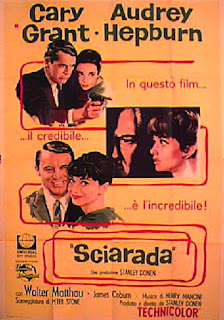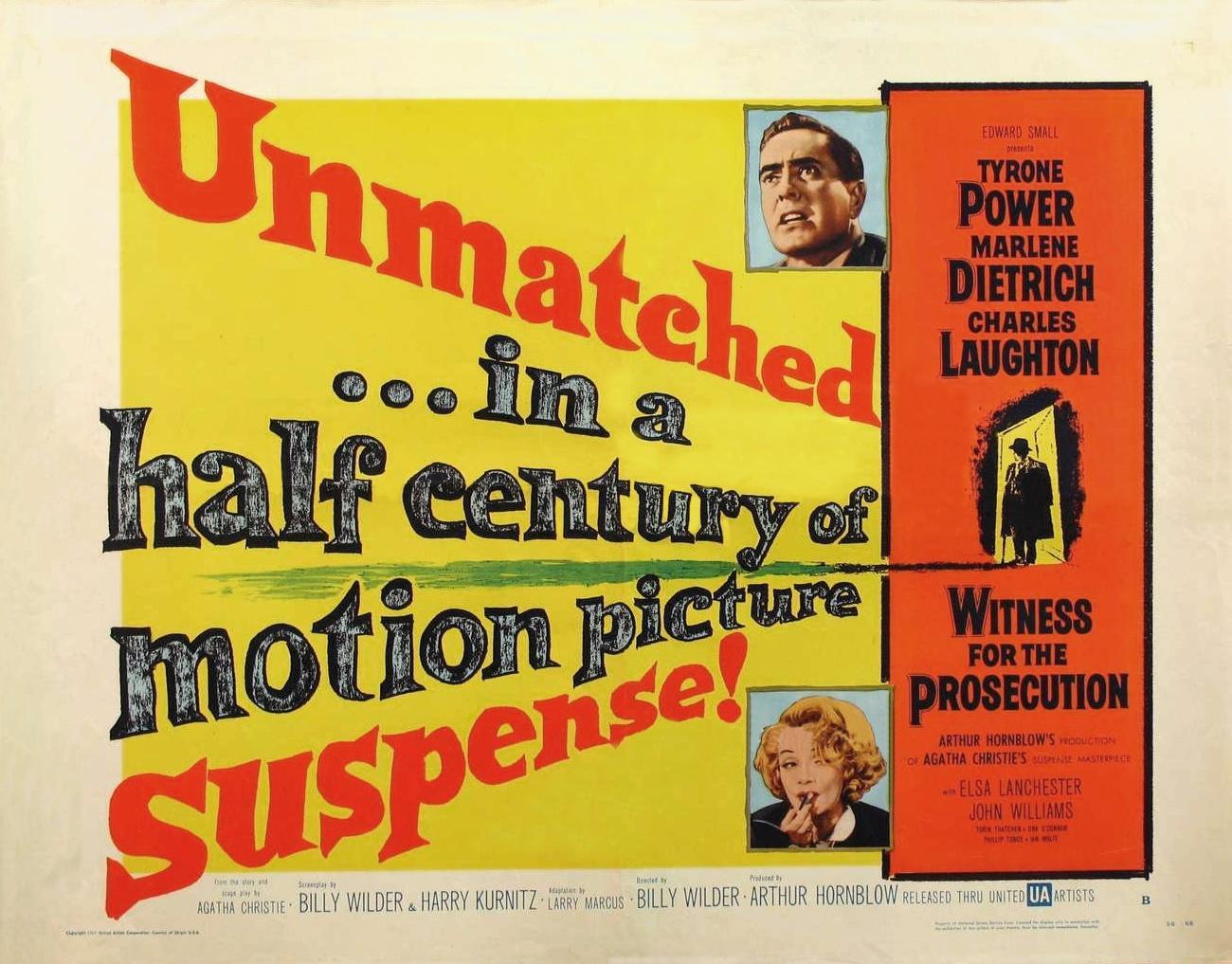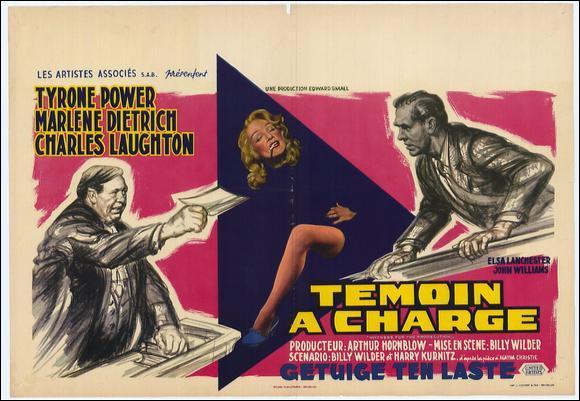The tone of this sweet and funny film is set at the opening credits, when we are introduced to the "devilish" Mr. Coburn and the angelic Ms. Arthur. While Ms. Arthur gets above-the-title billing, this film really belongs to Mr. Coburn, as it should. J.P. Merrick could be a bully and a bore, but not in Mr. Coburn's capable hands. He treads a fine line in being lovable, but still keeping you in suspense as to what he will do in the end. Though, as he becomes increasingly furious at the store managers and supervisors, you really want to give him a hug.
Charles Coburn came to the screen late in life - he was 60. He'd spent his career working in a touring company with his wife, Ivah Wills (they had 6 children). When Ivah died of congestive heart failure in 1937, Mr. Coburn moved his family to Los Angeles to try his hand at film acting. Between 1938 and his death in 1961, he appeared in more than 90 films and television shows. He received a Best Supporting Actor Oscar in 1944 for his work in The More the Merrier, and was nominated two other times - for his work in this film, and for The Green Years (1946). He was active in the Motion Picture Alliance for the Preservation of American Ideals (Hollywood Traitors: Blacklisted Screenwriters - Agents of Stalin, Allies of Hitler by Allan H. Ryskind), a group supporting the McCarthy hearings. Following a second marriage (he was 81 at the time), and the birth of a seventh child, he died of a heart attack at the age of 84. His papers are housed at the University of Georgia, Hargrett Rare Book and Manuscript Library.
Jean Arthur is delightful as Mary Jones. Though her romantic interest is Robert Cummings (Joe O'Brien), it is Mr. Coburn with whom she has the most scenes and the best chemistry. She would work with Mr. Coburn twice more: The More the Merrier (1943) and in The Impatient Years (1944) (TCM Article). The part of Mary Jones was specifically designed for Ms. Arthur - this film's producer was her husband Frank Ross. He had set up an independent production company and was eager to find a property that fit her talents better than the scripts she was being offered. Though Mr. Coburn's part is much stronger, Ms. Arthur refused rewrites that would have given her character more screen time. (Jean Arthur: A Biofilmography by Jerry Vermilyeand). She was fond enough of the part that she planned to do a remake of it in 1966, to be titled The Devil and Mr. Jones, with Ms. Arthur as the Devil; sadly, it didn't materialize.
Robert Cummings is good in a relatively small part. An early scene in the film has Joe cavorting with Mary on the beach at Coney Island. It's quite delightful to watch, and there is a naturalness to the performances. Mr. Cummings was not the first choice for the role - Jeffrey Lynn was originally considered. (AFI Catalog)
Also in a small but important part is Spring Byington (Elizabeth Ellis). A gentle woman who just wants to find someone to love, she fixes her sights on Merrick when she thinks that he is indigent. One feels that Merrick has avoided any kind of entanglements because of his money. Ms. Byington makes Elizabeth into someone who cares nothing for money. She wants to find a man she can make happy, and Merrick is the right fit.
There are so many excellent character actors in the film it is hard to focus on just one or two. Edmund Gwenn is marvelous as the repugnant Hooper, one of the bosses who drive Merrick to distraction. S.Z. Sakall appears as George, Merrick's very tolerant butler, and is his usual warm self. William Demarest shows up in the small part of a detective, Regis Toomey is a police officer in Coney Island, and Florence Bates plays a professional shopper - all contribute greatly to the film.
The film, which opened in April at Radio City Music Hall, received an enthusiastic review from New York Times critic Bosley Crowther "Out of the sheerest gossamer the most captivating webs are sometimes spun". Unfortunately, it did not do well at the box offer (Author Jerry Vermilye speculates that the "unsubtle pro-union stance" was a factor"). In January 1942, there was a Lux Radio Theatre production which starred Lana Turner and Lionel Barrymore. The film was nominated for two Oscars: Norman Krasna for his original screenplay and Charles Coburn as Best Supporting Actor.
This is a movie that is not to be missed, especially if you are a Jean Arthur fan. We'll leave you with a clip, in which Charles Coburn meets Ms. Arthur:































